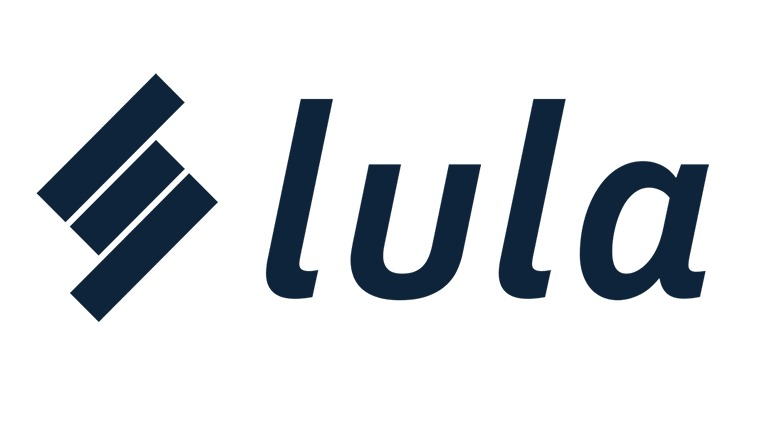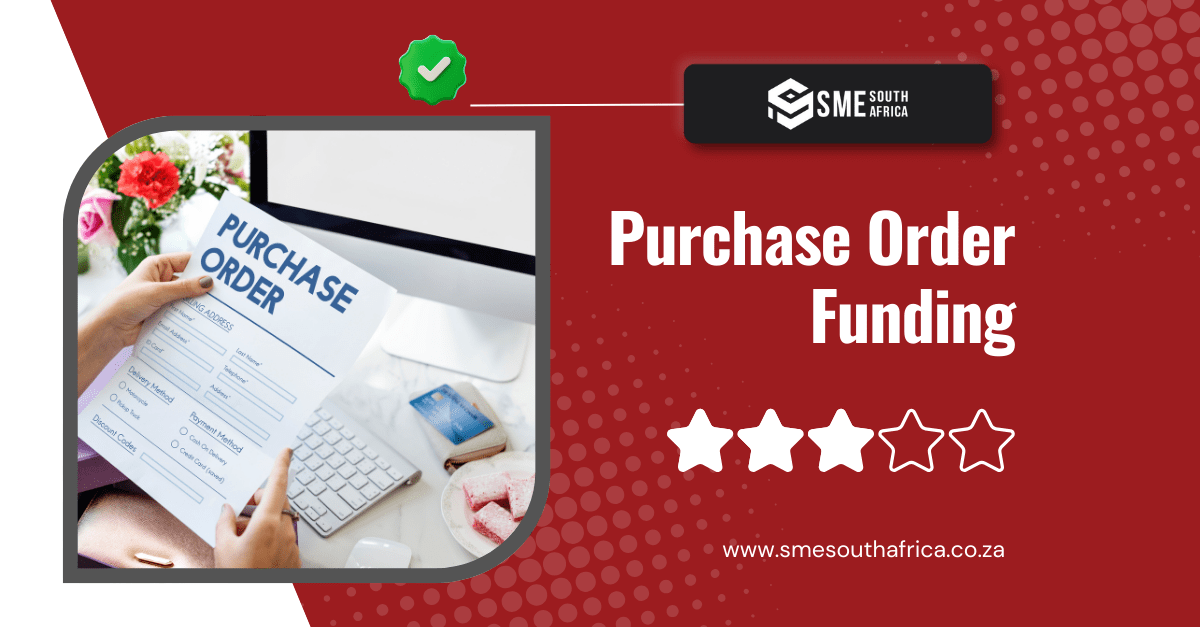
When you’re running a business, having extra cash for the unexpected is vital. It becomes even more important when you expect money from invoices but have expenses to pay. For small to medium-sized enterprises (SMEs), you can apply for bridging finance to help close the gap while you wait for your money.
Bridging finance is a short-term loan that a company uses until it secures permanent finance. Bridging finance helps you by providing immediate cash flow for your business. Most of the time, bridge loans cover from three months up to three years.
This type of finance is perfect for SMEs because it can be used for basically anything. With most SMEs struggling to pay for certain expenses without funding, bridge loans are the perfect solution.
In this article, we take you through bridge loans, how they work and where you can apply for your loan.
How Do Bridge Loans Work?
Bridge loans make money available that improves the cash flow of your business. Sometimes, the lender will pay for what you need, and that is your loan. In other cases, the lender limits how the money can be used. The more flexible the lender is, the better because you can cover personal costs with the funds.
Most lenders let you apply online for bridging finance. You will be asked to upload your personal information, business information, and any outstanding invoices. This shows the lender how much money you expect to receive from customers and if the invoices are valid.
The invoices are also important because your bridge loan is sometimes given up to a certain percentage of the paid invoices.
There are different types of bridging loans. Some of the most common types include purchase orders, property bridging finance and contract finance.
Advantages and Disadvantages of Bridging Loans
Like any other loan, there are pros and cons to getting a bridge loan for your business.
Advantages
Quick Approvals: Most bridge loans are quickly approved. The application process is streamlined to allow businesses to access their capital within a few days or weeks.
Flexible Use: Because bridge loans are there to help you cover expenses, they can be used for (almost) any expense. You can use it to buy property or even pay your employees.
Collateral Security: Bridging loans are not unsecured loans, so you need collateral to apply for them. By having assets to attach, lenders will be quick to approve your application and could offer you lower interest rates.
Disadvantages
High Interest Rates: Bridge loans typically come with high interest rates. This is because the repayment terms are shorter and present an increased risk to the lenders.
Shorter Repayment Time: Bridging loans are a short-term solution and because of that, the repayment terms are usually short. Repayment terms can range from a few months up to a year.
Risk of Losing Assets: If you cannot pay back your bridge loan, the lender will take the asset you used as collateral. This could be a home, car or any other valuable asset.
Negative Equity: If you need a bridge loan to purchase a new property before selling your current one, a drop in the market can leave you owing more than before. This can create negative equity for you.
How to Apply for Bridging Finance
Most lenders will require you to apply online for bridging loans. This is because the process is quicker online, resulting in quicker loan approvals. When you apply, some platforms will ask you questions during the application process. The application process is quick, and approval can happen within 24 to 72 hours. Repayment terms can range from six weeks to a year.
The qualifying criteria includes:
- Your business must be registered with the Companies and Intellectual Property Commission (CIPC).
- Sole proprietors must provide their VAT registration number.
- You have to provide a Tax clearance certificate.
- Latest bank statements for your business.
- Your business must have a trading history of up to one year.
- Some lenders will require you to upload any outstanding invoices (usually for purchase orders).
Where Can You Find Bridging Finance?
The following are some of the best platforms to use to apply for bridging finance
Genfin
Genfin offers quick bridging loans to small businesses. The company has a repayment period of up to 12 months for its bridging finance product. To get a bridging loan from Genfin, you can apply online or over the phone with the help of a consultant.
Retail Capital
Retail Capital has a range of financing products for SMEs including bridging loans. The platform requires that your business have a trading history of at least six months and have a turnover of up to R 5 million per month. Retail Capital pays out your bridging loan 48 hours after your application has been approved.
Funding Hub
The Funding Hub has over 40 different lenders who provide financing to SMEs. Most of the lenders also provide property bridging finance. You can get up to R 5 million in bridging finance from a Funding Hub lender. Lenders require a trading history of at least six months and a monthly turnover of R 30 000 at minimum.
Lula (Lulalend)
Lula offers bridging finance to SMEs as a revolving credit facility. By applying on Lula, you can get up to R 5 million in financing and your funds will be deposited within 24 hours of approval.
These platforms are just some of the ones where you can apply for bridging loans. Once you have identified how much bridging capital you need, apply for a loan to avoid any unexpected financial drawbacks.












